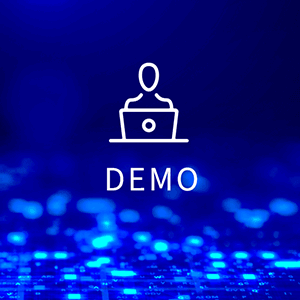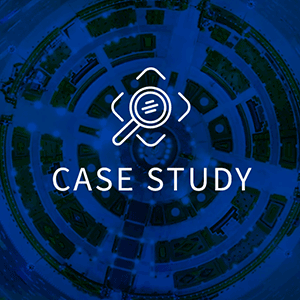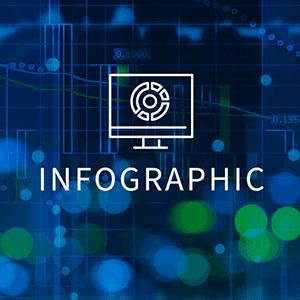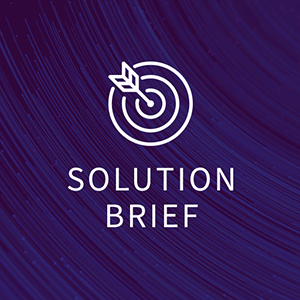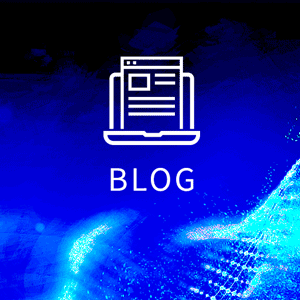Most End User License Agreements (EULAs) for software products have provisions preventing the use of the first sales right that allows organizations or individuals to resell copyrighted materials such books and software. Two different rulings related to the first sales right have been made in the US and Europe over the past few years. In the US, the Ninth Circuit has considered that a software provider can take the first sales right away, providing the sale is related to a license and not a “sale”, as long as the good is purely digital. First sales rights may not apply if this term is mentioned in the software license agreement or EULA. A little bit more than a year ago, the European Court ruled that a software license could be resold even if it has been downloaded from the internet and no physical support was provided. (See this ComputerWeekly article on the EU ruling in the case involving Oracle and usedSoft). So far, this ruling has had a very limited impact. On the consumer side, it has made legitimate the reselling of some software games, most of which was already occurring anyway. There has been no significant shift in the corporate world where organizations can now resell their software licenses to other companies or acquire them from this channel.
One of the primary goals of software license management and optimization is to ensure software license compliance and prevent damaging software audits. However, organizations are, in many cases, over compliant, meaning that they have purchased too many licenses compared to their needs. This is usually tied to the lack of software asset management (SAM) processes—for instance, customers not re-harvesting licenses when retiring hardware assets and purchasing new licenses when provisioning new computers. This could also occur when an organization replaces an existing software product and discontinues the use of the previous one.
Another interesting scenario is when an organization is fully compliant and has also optimized all its licenses through better processes, server consolidation, application of software product use rights, etc. Through software license optimization, license consumption can be reduced, leaving the organization with extra licenses. In this case, the optimization leads to what is sometimes called cost avoidance, meaning the organization will save money on future purchases, or “hard dollar” cost savings from reducing maintenance for the unused licenses. In any of the examples above, an organization has valuable assets that could potentially be sold to other organizations, but it is not that simple.
IT Asset Management
It all starts with knowing what’s in your IT ecosystem. Flexera One discovers even the most elusive assets whether on-prem, SaaS, cloud, containers and more.
The EU ruling states that if maintenance was provided free of charge with the license, the new license owner will be entitled to the same level of maintenance. It never really works that way for enterprise licenses. The acquisition of a license is often made using a volume purchase agreement that carries discount, specific terms and conditions, etc. Maintenance is often a separate distinct purchase that applies to the license. Transferring such licenses to another organization is extremely challenging; most of the benefits of the volume purchase agreement only apply to the organization that originally purchased the license and will be lost when sold. The company purchasing a second hand license will need to negotiate with the publisher to obtain a new maintenance contract to get support, access to patches, fixes or new releases.
Maintenance contracts are typically based on a percentage of the price of the software license—typically between 18 and 25 percent. In the scenario where a license has not been purchased from the publisher or one of its authorized resellers, there is no obligation for any publisher to provide maintenance. Assuming the publisher wants to provide it, the price for such a maintenance contract would likely be based on the software product public price rather than a discounted “used software” price.
The impact of the EU ruling is limited, and practically speaking, covers only a few corner case scenarios for organizations. If a company is willing to sell its licenses, it will still need to find another one willing to purchase them, or must work through the second hand market with companies such as usedSoft. Such organizations will likely be candidates for a software audit by the publisher just to verify whether the licenses sold are no longer in use or if purchases match installations and use. They may face tougher negotiations when renewing their volume purchase or maintenance agreements with publishers. For individuals, this ruling does not have much impact; in the past, licenses tied to software products delivered on media such as DVDs could be sold. The current market trend is toward the subscription model (Microsoft with Office 365, Adobe, etc.) and this is not impacted by the EU ruling. For game players, publishers now require an account that is not subject to the EU ruling. While you can resell a license, you cannot resell an account.



